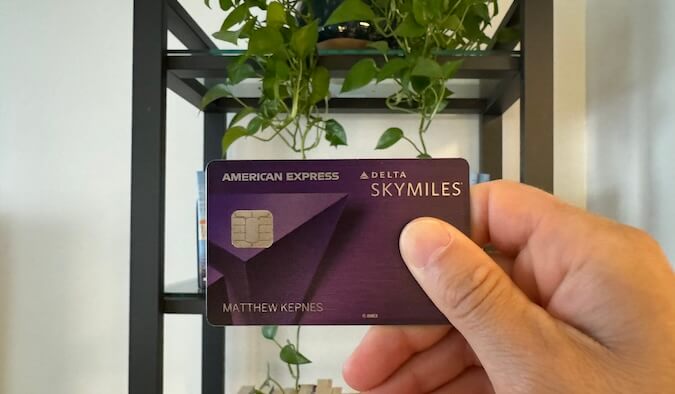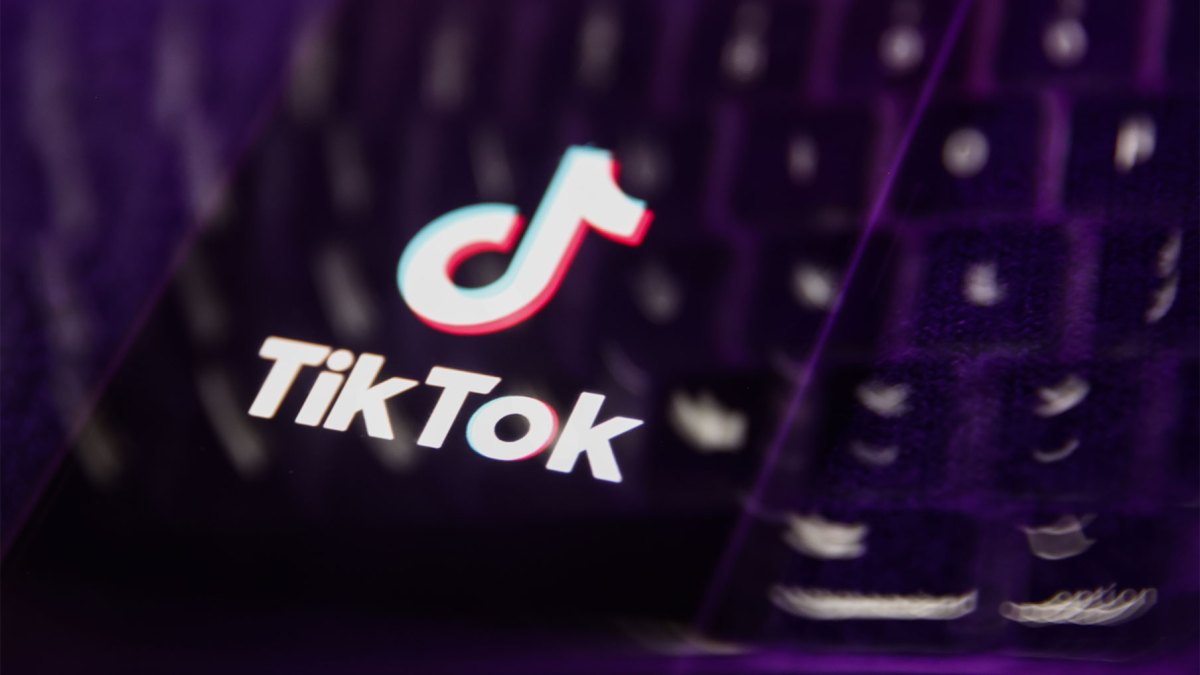Why AI Firms Are Racing to Acquire Google Chrome


In a surprising twist of the tech landscape, AI companies are making multi-billion dollar bids to acquire Google’s flagship web browser, Chrome. Perplexity AI has made headlines with its staggering offer of over $34 billion, while OpenAI, with its considerable financial resources, has also shown keen interest. But what drives these ambitious offers, and is Google Chrome actually on the market?
The Allure of Google Chrome
Google Chrome is not just any web browser; it boasts a staggering user base of approximately 3.5 billion users globally. This dominance translates to a remarkable 68 percent share of the web browser market—a vital statistic that underscores Chrome's significance in the digital ecosystem.
For Google, Chrome plays a pivotal role in its strategy, serving as an integral component of its operations. Given its importance, the likelihood of Google voluntarily selling Chrome seems exceedingly low. After all, this is a company leveraging its browser to maintain a monopoly in online search.
A Shifting Legal Landscape
Last year marked a significant turning point for Google, as the U.S. Department of Justice (DOJ) won a landmark antitrust case against the tech behemoth. The court found that Google engaged in practices to uphold its monopoly in online search, violating federal laws in the process. With the ruling came recommendations suggesting that Google might be compelled to divest key assets, including its beloved Chrome browser.
As anticipation grows around the impending court decisions, AI companies are eagerly eyeing the potential acquisition of Chrome. The mere possibility of Google being forced to sell the browser has ignited a flurry of interest from AI firms, who see this as an unprecedented opportunity.
Why Chrome Matters to Google and AI Companies
The importance of Google Chrome extends beyond mere market share; it is deeply intertwined with Google's business model. By controlling the most popular web browser, Google ensures that its search engine remains the default option for billions of users. This strategic positioning is vital, as Google’s search product generates hundreds of billions in annual revenue.
For AI companies, the stakes are equally high. Giants like OpenAI and Perplexity envision a future where AI agents are seamlessly integrated into web browsers. The goal is to provide users with direct access to AI chatbots and their functionalities right from the browser interface, eliminating the need to log into separate platforms or websites.
Moreover, owning Chrome would grant these AI firms invaluable access to user data, which is crucial for training and refining their AI models. While some AI companies have attempted to develop their own web browsers, they face an uphill battle in achieving anything close to Chrome's market dominance. The sheer scale of Chrome's user base provides a strategic advantage that is hard to replicate.
The Likelihood of a Sale
The pressing question remains: will Google be forced to sell Chrome? Legal analysts suggest that a decision from the courts may come soon. However, as noted by Thomas Randall, an analyst with Info-Tech Research Group, federal regulators are unlikely to approve the sale of Chrome to another tech giant, regardless of whether they operate within the search or AI sectors.
Google is expected to mount a fierce defense to retain control of Chrome, likely appealing any court decisions that may favor divestiture. The outcome of this legal battle could have far-reaching implications not only for Google but also for the entire tech landscape.
The Future of Browsing in an AI-Driven World
As AI technology continues to evolve, the integration of artificial intelligence into everyday tools like web browsers presents both opportunities and challenges. The vision of a browser that serves as a conduit for AI interactions is an attractive proposition for many tech companies. This push towards an AI-enhanced browsing experience could redefine how users interact with the internet.
With the stakes so high, both Google and the AI companies are at a crossroads. For Google, maintaining ownership of Chrome is not just about preserving a product; it’s about safeguarding its business model and market position. For AI firms, acquiring Chrome could be a game-changer, unlocking a treasure trove of data and user engagement opportunities.
Conclusion: The Intersection of AI and Browsing
As we navigate the complexities of this unfolding situation, one thing is clear: the intersection of artificial intelligence and web browsing is poised to become a critical battleground in the tech industry. With AI companies aggressively pursuing a stake in Google Chrome, the implications of this rivalry extend well beyond corporate interests—they may shape how we use the internet in the coming years.
As the courts deliberate and the tech giants strategize, the future of Google Chrome hangs in the balance, captivating the attention of an industry eager to embrace the next wave of innovation. Whether this leads to a major shift in ownership or simply reinforces Google’s grip on the market, the outcome will likely resonate throughout the tech landscape for years to come.
What's Your Reaction?
 Like
0
Like
0
 Dislike
0
Dislike
0
 Love
0
Love
0
 Funny
0
Funny
0
 Angry
0
Angry
0
 Sad
0
Sad
0
 Wow
0
Wow
0




































